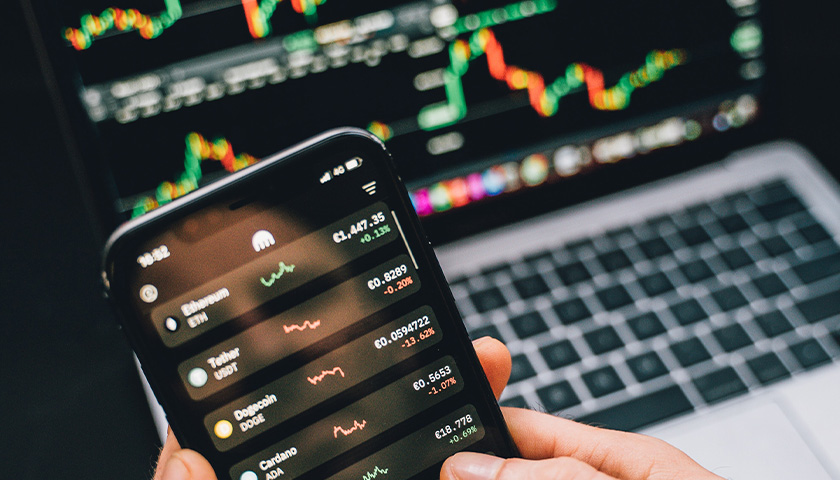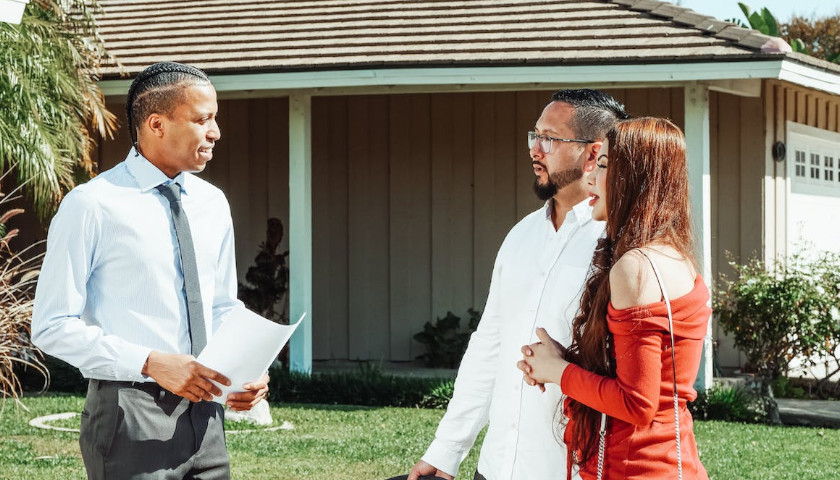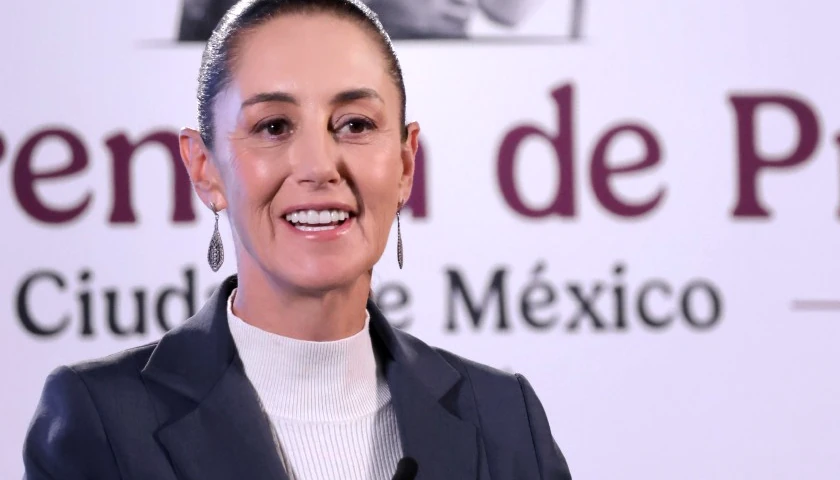by Theodore Roosevelt Malloch
Both liberal and conservative commentators, whether talking about the Great Recession, the financial collapse and bailouts of recent vintage, or now the FTX cryptocurrency Ponzi scheme, have neglected the cultural and moral reasons for these repeated episodes of economic mess and criminality. Unless those causes are addressed, all the finger pointing and proposed “solutions” will be about as helpful as putting a bandage on a tumor.
Certainly, macroeconomic weakness, heightened economic imbalances, faulty monetary policy, too much accumulated debt, over-leverage, and extreme credit risks have contributed to the unbelievable levels of market volatility we have witnessed in this sharp downturn now becoming a near collapse. Inflation is out of control and recession-deepening. Almost all financial experts and many policymakers have begun to cry out for yet more financial reforms, greater financial transparency, and measures to rebuild confidence and trust in the financial architecture and institutions (regulatory agencies among them) that underlie our now highly interconnected global economic system.
But as the sage market advisor David Smick spelled out so explicitly in his notable book, The World is Curved: “The distasteful reality is that there are no quick fixes for the global credit system’s dilemma, which is why the world has become a dangerous place with so much economic heartache.”
So why did the financial giants: investment banks, money center banks, hedge funds, large and “celebrity” investors for that matter, get us into this “risky business” and dangerous situation in the first place?
The answer in a word is greed. Contrary to the infamous Michael Douglas line from “Wall Street,” greed is not good. Greed is not about honest profit but exuberant and irrational expectations.
Michael Lewis wrote a comedic book called Liar’s Poker that depicted the excesses of Wall Street at my old firm, Salomon Brothers, in the late 1980s. He updated it in 2008 with an article in Condé Nast: Portfolio titled, “After the Fall, Greed, Stupidity, and Really Bad Luck: How Wall Street Did Itself In.”
The bottom line is Wall Street has learned nothing from the past—the scandals, the schemes, the downturns, or the ongoing criminality. “Other People’s Money,” “Quick Bucks,” and “Fake It Till You Make It,” have instead become the mantras of our financial culture. The materialism and culture of rapacious greed is just too addictive. To quote Lewis’ last line, “Something for nothing. It never loses its charm.”
The outcries for punishment, heads rolling, massive government regulations and bureaucratic solutions are only now beginning since the unprecedented government bailouts, nationalizations, and giveaways. There will be dozens of plans and much hand-wringing. Congress will surely, as it always does, overreact and yet more firms and perhaps half of all hedge funds and even more crypto firms, will fail in the coming years, hurting yet more people and dragging down the economy as a whole. No one can even predict what will happen to the credit default swap market of a quadrillion dollars: Do the math.
And now front and center comes FTX. The Ponzi crypto exchange was fake from the outset. It includes around $400 million at accounts related to Alameda Research, the crypto trading firm owned by FTX founder Sam Bankman-Fried, run by his girlfriend (who he lent $1 billion to boot), and $172 million at FTX’s Japan arm. FTX was a widely known and heavily used cryptocurrency exchange allowing users to buy, sell, and enter into derivative contracts for coins and tokens. FTX also promoted transactions for non-fungible tokens (NFT) and collectibles.
The FTX financial crisis is an ongoing and still evolving scandal centered around the bankrupt Bahamas-based cryptocurrency exchange. Prior to its collapse, FTX was actually the third largest cryptocurrency exchange by volume and had over a million users—all of whom will be shafted. It quickly lost its ability to meet customer withdrawals and was halted. Crypto exchanges are not regulated like banks or even brokerage firms. While this lack of oversight made crypto a much more speculative investment—and to some investors, a more appealing one—it also made FTX a riskier place to store assets.
The investor list is a who’s who of venture capital firms, all of which should have known better. Crypto accounts don’t have federal deposit insurance, either. A million people are likely to lose all their money and other funds will be impacted.
On November 14, FTX was also hit by an apparent insider hack and lost $600 million worth of cryptocurrency. That same day, FTX, Alameda Research, and 130 other affiliated companies founded by Bankman-Fried filed for bankruptcy. The fund was his private slush fund and it deceptively purchased over $300 million in real estate for the founders, his parents, and top employees, as well as paying for a decadent, lavish lifestyle built around group sex. Can’t wait to see the TV mini-series that will doubtless be forthcoming.
FTX was riddled with dysfunction and mismanagement. It didn’t even have a real auditor and totally lacked controls. Its assets were either stolen or missing and there were no books or records. Much of its data was deleted. With a prior valuation of $42 billion, any thinking person would have to say this was absurd. Yet in fact, the valuation was never independently verified. The scheme was robbery from the get-go and was invented by a hip, woke 30-year-old con man-child with the help of his two parents, law school professors at Stanford, and housed in the off-shore, less than regulated, Bahamas for a reason—and not just to avoid paying taxes. CNBC’s Jim Cramer referred to SBF (as he was known) as the millennial J. P. Morgan. In fact, he was more like the newest Bernie Madoff.
The damage done has ripped through the entire crypto industry and is affecting other companies, while showering distrust and questions about the technology itself.
It also has been disclosed that FTX was used to fund the Democratic Party, as over $40 million was donated by the founder to their chosen candidates in the recent midterm elections. The money was laundered through the corrupt country, Ukraine, and given to left-wing Democrats either directly or through a shielded PAC. It certainly helped that the same Democrats greased the wheels for FTX to do business and thwart regulations. Hell, the head of the Securities and Exchange Commission (SEC) who is supposed to have oversight, Gary Gensler, was also the finance chair for the DNC and Hillary Clinton’s finance chief (who funded the Russian collusion hoax). Sweet.
It is characteristic of the age in which we live to see the “moral dimension” as a matter of following ever more rules or dictated regulations. The answer to our financial foes is not more government. Recall that the ancients seldom referred to the rules or even principles of a moral life.
For them a moral life was not a matter of what you do but of what you are. The fundamental notion was not duty but virtue (Latin virtus, Greek arête) and the task of the moral person was to describe the virtues that we should emulate and teach.
This is how Socrates, Plato, and preeminently Aristotle conceived of the moral life. St. Thomas Aquinas synthesized it into Christianity. The words of the Roman, Cicero, closely correspond, as do those of the great sage Confucius, in China. All of these thinkers attempted to find a basis for moral conduct in human nature. They all believed that the core idea is virtue. Real virtue is a habituated practice and involves no false pretenses, posturing, or false signaling to look like virtue.
Today, virtue is literally and figuratively missing from our public vocabulary and the idea of morality has been either trivialized or totally relativized. No training session or quick executive briefing can revive ethics and morality because they are habituated over years and years, not in some late afternoon consultants’ PowerPoint presentation or during a touchy feely weekend retreat at a posh getaway.
Face it, at the very root of our financial crisis is a moral vacuum, which can only be filled with true virtue. Capitalism, the goose that has laid our golden eggs over the past decades, if not centuries, brings about immense transformation, particularly in its more globalized form. It is in nature as Adam Smith reminded us in his first book, The Theory of Moral Sentiments, written long before his better-known work, The Wealth of Nations.
There are moral preconditions in a market economy—the sentiments of sympathy, benevolence, and compassion; of approval, disapproval, and indignation—which underpin the social order and make it possible to engage in business in the first place. Human beings are not just profit-maximizers. They have moral scruples, personal commitments, and the desire for happiness and goodness. These set limits to their plans for personal profit, and also stimulate them to pursue profit in ways that honor their higher values and generosity. Many companies, large and small exhibit these and live and conduct business by these values. I outlined over 60 of the thousands and thousands of such examples in my book from every faith and every continent, Doing Virtuous Business.
Nations, peoples, and businesses that neglect the moral ecology of their own cultures—especially corporate cultures, and financial firms’ cultures—cannot enjoy the fruits of capitalism. Because that system must be essentially moral or it falters, declines, and fails. What we need to rediscover and renew today at this time more than any other in modern memory is the spiritual dimension of enterprise, which is capitalism in its most profound and important, and virtuous form.
Spiritual capital is the fund of beliefs, examples, and commitments that are transmitted from generation to generation through a religious or spiritual tradition, and which attach people to the transcendental source of human happiness. Without rediscovery of the virtues we cannot understand or resolve the deepest roots of this financial and ultimately, moral crisis.
We don’t want more Enrons, WorldComs, Madoffs, Theranoses, or FTXs, but without a return to virtuous business more is what we can expect.
– – –
Theodore Roosevelt Malloch, scholar-diplomat-strategist, is CEO of the thought leadership firm The Roosevelt Group. He is the author of 18 books, including The Plot to Destroy Trump and, with Felipe J. Cuello, Trump’s World: GEO DEUS. He appears regularly in the media, as a keynote speaker, and on television around the world.
Photo “Cryptocurrency” by Alesia Kozik.




